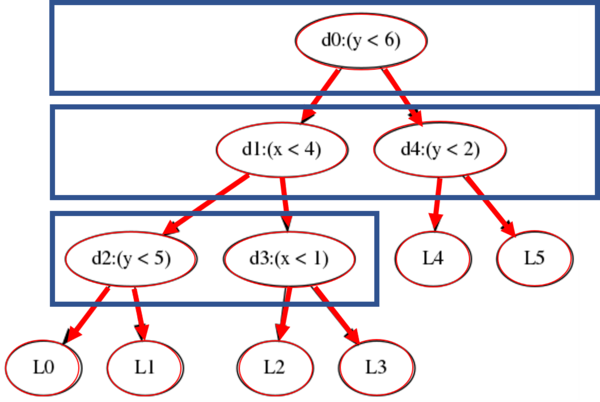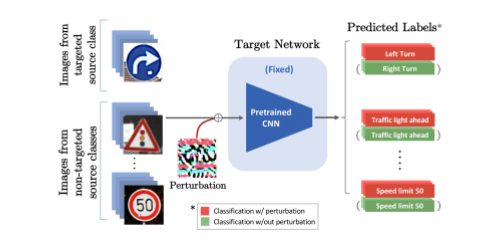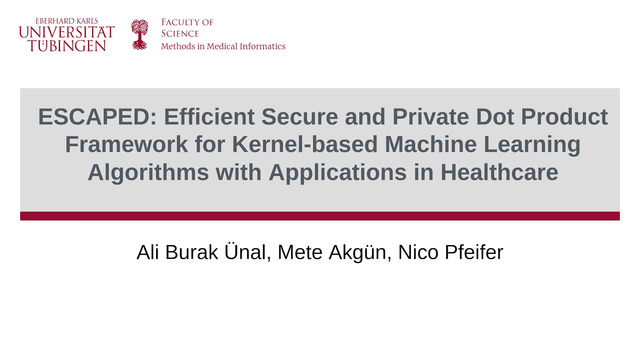Abstract:
Building expressive encrypted databases that can scale to large volumes of data while enjoying formal security guarantees has been one of the holy grails of security and cryptography research. Searchable Encryption (SE) is considered to be an attractive implementation choice for this goal: It naturally supports basic database queries such as and , and is very practical at the expense of well-defined leakage such as and pattern. Nevertheless, recent attacks have exploited these leakages to recover the plaintext database or the posed queries, casting doubt to the usefulness of SE in encrypted systems. Defenses against such leakage-abuse attacks typically require the use of Oblivious RAM or worst-case padding---such countermeasures are however quite impractical. In order to efficiently defend against leakage-abuse attacks on SE-based systems, we propose SEAL, a family of new SE schemes with . In SEAL, the amount of privacy loss is expressed in leaked bits of search or access pattern and can be defined at setup. As our experiments show, when protecting only a few bits of leakage (e.g., three to four bits of access pattern), enough for existing and even new more aggressive attacks to fail, SEAL's query execution time is within the realm of practical for real-world applications (a little over one order of magnitude slowdown compared to traditional SE-based encrypted databases). Thus, SEAL could comprise a promising approach to build efficient and robust encrypted databases.









































